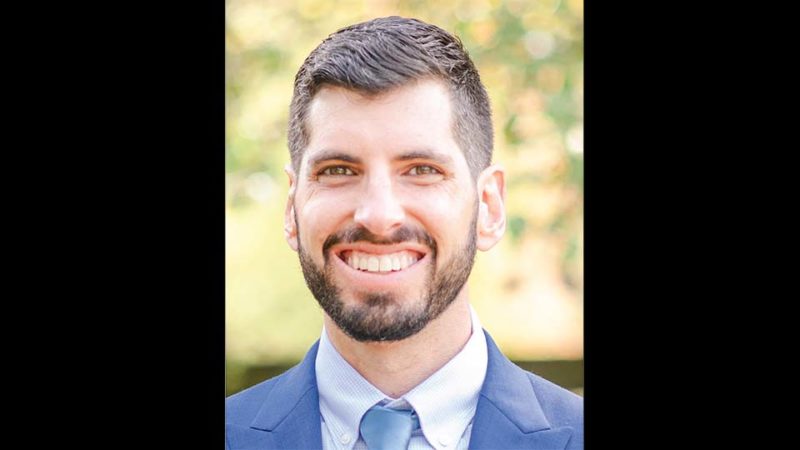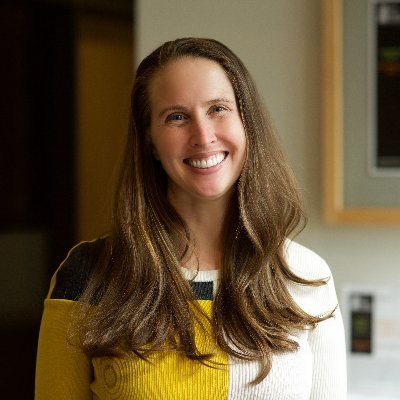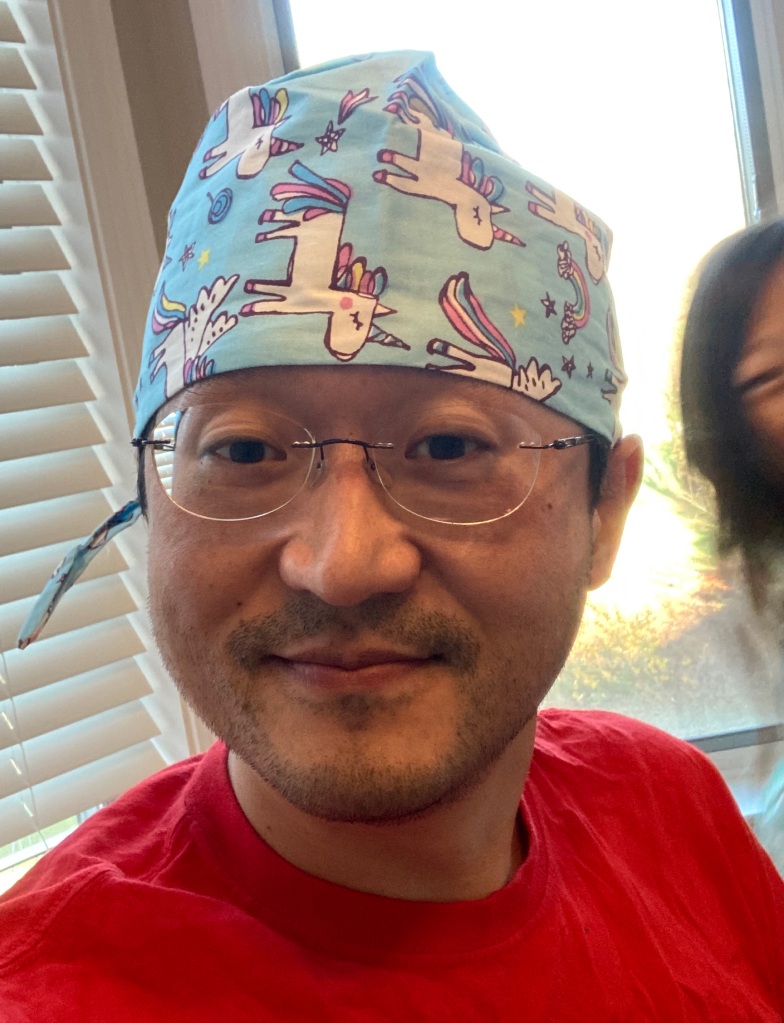The Specialists Cohort (South Carolina)

Throughout the COVID-19 pandemic, Lior Rennert has been knee-deep in researching the best ways to study the spread of the novel coronavirus in order to mitigate its reach.
Rennert, assistant professor in Clemson’s department of public health sciences and a biostatistician, is leading a significant part of the university’s response to COVID-19.
Last fall, Rennert and his team decided to look into pre-arrival testing before students came back to campus.
“We essentially developed models that showed that if you test everybody before arrival or upon arrival, you can severely limit the outbreak size and delay them as well,” says Rennert. He says that he gives Clemson credit for conducting pre-arrival testing even though the Centers for Disease Control and Prevention had yet to explicitly recommend it.
Another aspect of planning against the coronavirus focused on what Rennert calls a new “surveillance-based informative testing” strategy — research currently under peer-review. Through random testing, the university identified hot spots in residence halls and targeted their testing resources to test these students. Such targeted tests were twice as likely to detect positive cases compared to random tests, which allowed university officials to quickly act to isolate and quarantine students and help stem the spread of the virus.
“It was really effective,” Rennert says. “It drove down prevalence by almost 40% over a two-week implementation period.”
Dr. Rennert’s ‘Tasks’:
- Leading modeling efforts at Clemson University (along with Christopher McMahan and Corey Kalbaugh) to evaluate and implement testing strategies for mitigation of SARS-CoV-2 spread
- Implemented surveillance-based informative testing on the university campus, where I would monitor Covid-19 prevalence on campus and direct testing resources to residence halls experiencing outbreaks
- https://greenvillejournal.com/healthcare/clemson-professor-develops-models-to-show-covid-19-spread-and-help-vaccine-rollout/
- Manuscript detailing this strategy accepted for publication at The Lancet Child and Adolescent Health (link to come in next 7-10 days)
- Directing Clemson’s Covid-19 dashboard
- Working with South Carolina health systems and departments of health to efficiently allocate vaccines to underserved communities (using data-driven models)
A few words from those who nominated Lior:
“Dr. Rennert is a biostatistician at Clemson University where he has used his skillset to help keep our community safe. He helped develop and implement a novel surveillance-based informative testing strategy for SARS-CoV-2 detection. That strategy and the continuous work he has done to improve the models has allowed our University to safely remain open. At the same time, Dr. Rennert has been a critical voice to our statewide vaccine rollout. He has developed models to help increase the equitable distribution of vaccines in SC. I am an epidemiologist and I credit Lior with helping to keep me positive during what has been an incredibly challenging year for my profession. Personally, he has become a close friend and I am really lucky to get to work with such a thoughtful and kind person. He cares about others well-being above his own and represents the best of what we can be as public health professionals. He is a data hero to all of us in SC.”







